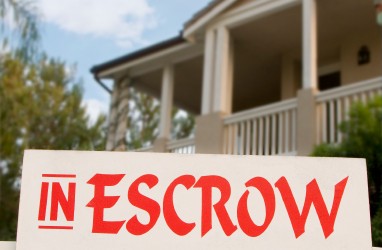 Question: Cynthia, during a recent listing appointment, my sellers informed me that their parents are also on title. Do I have to have the parents sign my listing agreement and the disclosures? What about the purchase agreement and counter-offers? Is there any way to take the parents off title during escrow?
Question: Cynthia, during a recent listing appointment, my sellers informed me that their parents are also on title. Do I have to have the parents sign my listing agreement and the disclosures? What about the purchase agreement and counter-offers? Is there any way to take the parents off title during escrow?
Answer: In a situation such as this, being a co-signor typically means that the parents are on the deed, and are therefore considered owners of the property, along with their kids. Bureau of Real Estate regulations typically require that any party on title sign all documents, including your listing agreement, disclosures and the purchase agreement.
I find that parents and their adult children do not consider the tax ramifications of holding title, even as a “co-signor”. One of the main concerns is there are sellers on title who have never lived on the property, may not qualify for any exemption to mandatory withholding requirements of the Franchise Tax Board. The parties will need to check with their accountant, to determine how to complete the 593 C in escrow, which is the Franchise Tax Board withholding form.
Federal Laws require reporting of a 1099 on the sale of real estate, which includes all owners of real property. The clients should also refer to their accountant, to determine the appropriate percentage of ownership to be reported under the parent’s verses under the child’s taxpayer ID numbers (social security number).
Sometimes parents on title were simply co-signors, and they have never claimed any part of the property on their own taxes. In this case, they may consider granting their interest in the property to the children, before the home is sold. In other cases, the parents may have claimed the property on their taxes as an investment, and taken some of the write-offs. In this case, it might not be appropriate for the parents to quit claim. It will be very important for the seller’s to discuss all of this with their own accountant, since we cannot give them tax advice.
Finally, there are certain circumstances where a party might be a “guarantor” on a loan, but not be on the title to the property. This happens most often on commercial properties. In these cases, the “guarantor” is not an owner of the property, and therefor is not shown as a seller.
Glen Oaks Escrow offers the service of establishing a “pre-escrow” on your listings. This will give escrow the opportunity to verify ownership of the property before it goes into escrow. In this way, we can help you, and your client, avoid surprises and have a much smoother escrow experience.
 Cynthia Moller
Cynthia Moller
661.362.0400
cmoller@glenoaksescrow.com



